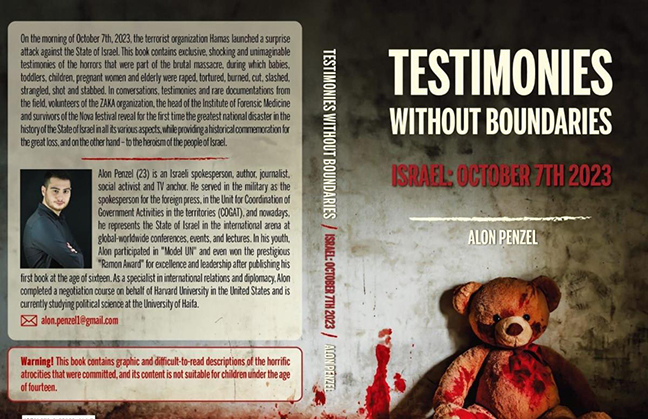New Orleans story in “Mighty Fine” film
In “Mighty Fine,” filmmaker Debbie Goodstein does a “gefilte fish out of water” semi-biographical story, taking a Jewish family where the mother is a Holocaust survivor, and moving them from Brooklyn to New Orleans in 1974.
For the cast and crew, filming in New Orleans was similarly a fish out of water experience, as they all had to adjust to the city’s famous heat and humidity during a mid-summer shoot.
The film opens in limited release on May 25. New Orleans’ AMC Elmwood is one of about two dozen theaters nationwide with the film, the next closest to the Deep South is AMC Southlake in Atlanta.
The story takes Joe Fine, played by Chazz Palminteri, soft-spoken wife Stella (Andie MacDowell) and their two daughters to New Orleans because Fine sees an opportunity for his textile manufacturing business. They move into a French antebellum mansion that is in stark contrast to where they lived in New York.
Their Jewish culture in New York and the assimilation of predominantly-Catholic New Orleans is a backdrop to the film’s main theme, that of a domineering, angry father with an unpredictable temper as his business struggled. The film has already received attention for its taking on the issue of bullying and emotional abuse. A special screening for 100 “Mom bloggers” has already been held.
Goodstein started working on the film only after receiving permission from her father, who had a rage similar to Fine’s. In real life, her family moved to Long Island instead of New Orleans, and dealt with the American textile industry’s struggles in the 1970s.
She was inspired by the film “The Great Santini,” where the father was a complex character that had both a horrific and a wonderful effect on his children.
She noted that her father had been abandoned for a time during the Depression and grew up dirt-poor with strangers, and his rage may have come from a fear that he could not care for his family the way he wanted to.
In the film, Fine alternates between a quick temper and buying lavish gifts for the family. He buys a boat, taking the family out on Lake Pontchartrain.
He also borrows money from Mafia loan sharks to keep the business going. Barbara Goodstein said that part is not autobiographical, but they had heard there were Mafia rings in New Orleans in the 1970s.
One daughter rebels against her father while the other becomes introverted. Stella is caught between them and the man who gave her new life after the Holocaust.
The mansion in the film is actually located off St. Charles Avenue, and the manufacturing plant “can be traced back to many Jewish textile businesses owned by prominent New Orleans’ families to this day,” said co-executive producer Barbara Goodstein.
New Orleanian Francine Segal, a veteran of the film industry, worked with MacDowell as a dialect coach. She said working on this film was appealing to her because “I witnessed first-hand some of the dynamics in the film.” Her parents moved to New Orleans in the 1960s from Brooklyn, for business reasons.
Barbara Goodstein said the mother’s Holocaust background is mentioned several times in the film, and there are instances of anti-Semitism the family has to deal with. “While Judaism is not the subject of the film, it is clearly the undercurrent of the story,” she said.
Debbie Goodstein previously did “Voices From the Attic” in 1989, recounting how her mother had hid for years in an attic with 15 other family members during the Holocaust. She made that film after an aunt took her to Poland to see where a farmer had hid them.
She has made numerous television movies between the films, and when she started writing “Mighty Fine” four years ago, the story flew out of her in two weeks. She is now working on a sequel to “Voices From the Attic,” incorporating her children and their generation into the story of a new Poland.



